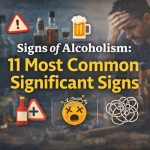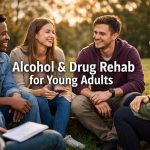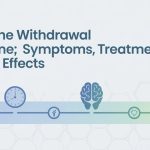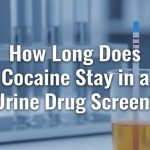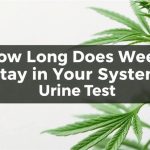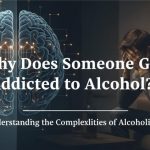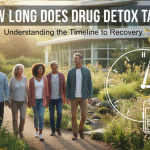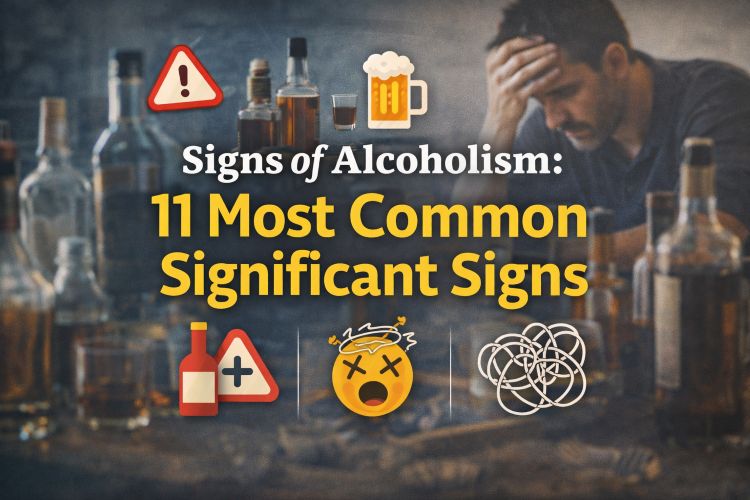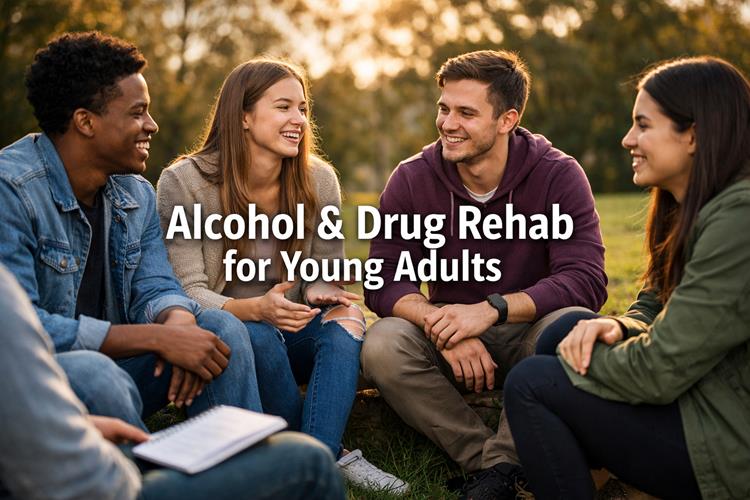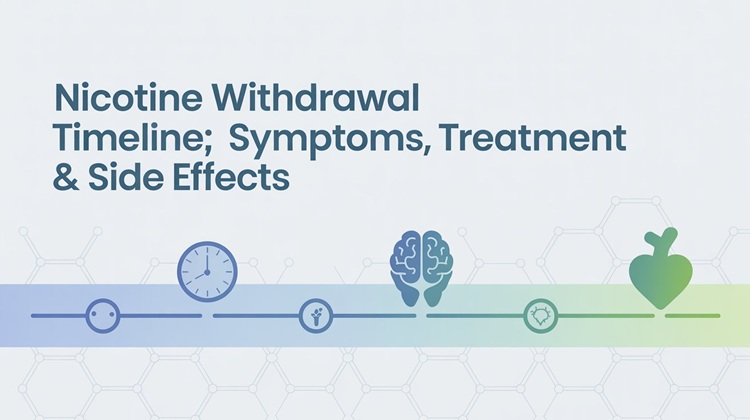Benzodiazepines, commonly known as benzos, are a class of psychoactive drugs prescribed for their calming and sedative effects. They are primarily used to treat anxiety, insomnia, seizures, and muscle spasms. However, despite their therapeutic benefits, Benzodiazepine addiction and abuse have become significant concerns in recent years. We will explore the dangers of benzo addiction, several types of benzos including Xanax and Clonazepam, treatment options, and the risks associated with withdrawal.
Understanding Benzodiazepine Addiction and Abuse:
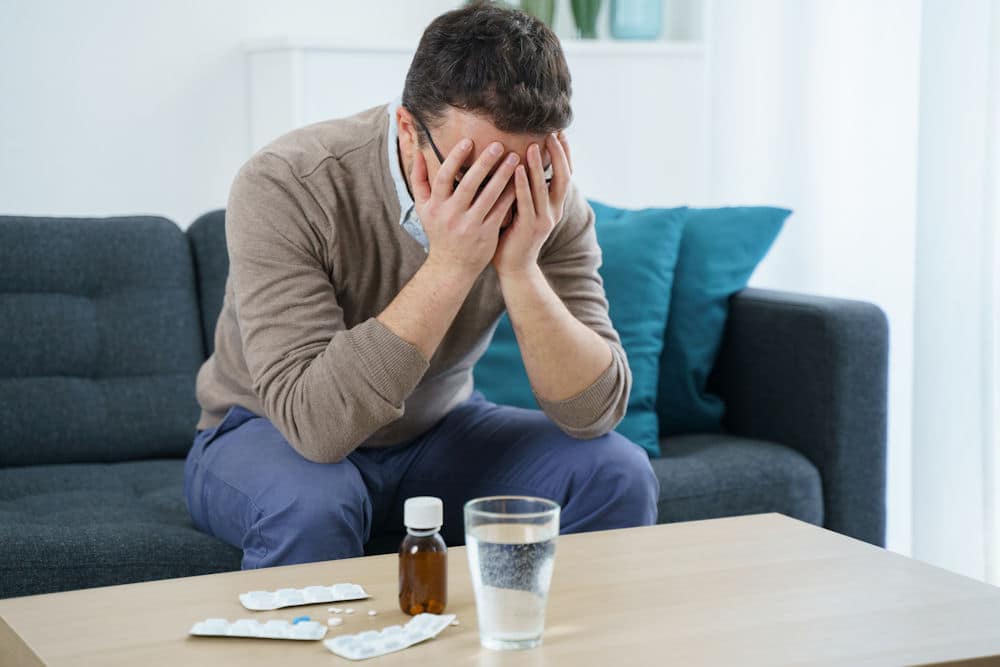
Benzodiazepine addiction occurs when individuals misuse or develop a dependence on these drugs. When taken in higher doses or for longer durations than prescribed, benzos can lead to tolerance, physical dependence, and addiction. People may abuse benzodiazepines for their euphoric effects, to self-medicate or alleviate stress, or even combine them with other substances to enhance their effects. Such misuse significantly increases the risks and dangers associated with benzo abuse.
Many political figures have voiced their opinions on the benzo problem, Anne Milton MP, Public Health Minister said, “I have met people who have been addicted to benzodiazepines for 20 or 30 years – wrecked their lives, wrecked their jobs, wrecked their families. It is a silent addiction. We all know about illegal drugs, we all know about alcohol, we do not know about this group… I think there has been some denial of the problem and I think that when you are talking about drugs that are legally, albeit unwisely, prescribed causing a problem – you know it is never really fitted anywhere, nobody wanted to grab hold of it – certainly not in denial now.
We are going to get a grip on this, and it needs to be dealt with on several different fronts, there is no doubt about that… I am taking this very seriously. It is an issue that is fallen through the cracks. We want to make sure that training and awareness is raised so that GPs know how to prescribe well and then we need to make sure that we have the right services in place to give them the help and support they need to get off these drugs and get back and enjoy lives as they should be able to.
– Professor Malcolm H Lader, Professor of Clinical Psychopharmacology, Institute of Psychiatry, University of London stated that “We actually knew from some experiments back in the 1960s that you could have dependence… addiction to benzodiazepines but only on high dose. Later it became apparent that some people were having problems trying to stop and that they weren’t on high doses; and then the whole question arose: can you get dependent – can you become addicted – to normal therapeutic doses? And then the alarm bells started to ring, quietly at first and then louder and louder.
Doctors were not well equipped to deal with this. This was something new in their experience. They don’t like dealing with chronic drug use or addiction anyway and here they were being confronted by hundreds in their practices – who they had put on the tranquilizers – and were now coming for help to come off. And I think they were bewildered by the numbers and severity of some of the reactions.
The main characteristic of these dependent people was that when they tried to stop they didn’t just get their old symptoms back, they didn’t just get their old symptoms back in an exaggerated form, they developed new symptoms which they had not experienced before. Some people are put on to these tranquilizers not because they are anxious or have insomnia, it’s because they have muscle spasms – they’ve been injured in some way – they’ve had a skiing accident, or they’ve got a bad back. And they’re put on them and they’ve had no psychiatric history, they’ve had no anxiety, no insomnia, and yet they’re just as likely to show dependence and withdrawal when they stop as those with a previous psychiatric history.
There are several types of benzodiazepines available, each with its own characteristics and uses. Some common examples include:
Xanax (Alprazolam): Xanax is one of the most well-known and widely prescribed benzodiazepines. It is primarily used to manage anxiety disorders and panic attacks. However, due to its high potency and rapid onset of action, Xanax carries an increased risk of addiction and abuse.
Clonazepam (Klonopin): Clonazepam is often prescribed for treating seizures, panic disorder, and certain anxiety disorders. It has a longer half-life compared to Xanax, which means its effects last longer.
Diazepam (Valium): Diazepam is commonly prescribed for muscle spasms, anxiety disorders, and alcohol withdrawal symptoms. It is also occasionally used as a pre-operative sedative.
Lorazepam (Ativan): Lorazepam is primarily used to manage anxiety disorders, insomnia, and as a pre-operative sedative. It has a rapid onset of action and is available in both oral and injectable forms.
Benzodiazepine abuse poses several dangers and risks to individuals, including:
Physical and Psychological Dependence: Misusing benzos can lead to physical and psychological dependence, making it difficult for individuals to quit without professional help.
Overdose: Taking high doses of benzodiazepines, especially when combined with other central nervous system depressants like alcohol, can lead to respiratory depression, coma, or even death. Impaired Cognitive Function: Benzodiazepine abuse can impair memory, attention, and overall cognitive function. Long-term abuse may result in persistent cognitive deficits.
Withdrawal Symptoms: Suddenly stopping or reducing the dose of benzodiazepines can trigger withdrawal symptoms such as anxiety, irritability, insomnia, tremors, seizures, and even life-threatening complications. It is crucial to seek medical guidance during the withdrawal process.
Treatment Options for Benzodiazepine Addiction:
When addressing Benzodiazepine addiction, a comprehensive treatment approach is necessary. Some of the common treatment options are as follows:
Detoxification: Medical detoxification, under the supervision of healthcare professionals, helps individuals safely manage withdrawal symptoms. Taper
Inpatient Rehabilitation: Inpatient or residential rehabilitation programs provide intensive treatment for benzodiazepine addiction. These programs offer a structured environment where individuals receive counseling, therapy, and support from healthcare professionals. The focus is on addressing the underlying causes of addiction and developing healthy coping mechanisms.
Outpatient Rehabilitation: Outpatient programs are suitable for individuals with less severe addiction or those who have completed an inpatient program. Outpatient treatment allows individuals to live at home while attending therapy sessions and taking part in support groups. It provides flexibility while still offering professional guidance.
Cognitive-Behavioral Therapy (CBT): CBT is a common therapeutic approach used in addiction treatment. It helps individuals see and modify negative thoughts, behaviors, and beliefs associated with drug use. CBT can be effective in managing cravings, developing coping strategies, and preventing relapse.
Group Therapy: Group therapy sessions bring together individuals facing similar challenges in a supportive and understanding environment. Sharing experiences, discussing coping strategies, and receiving feedback from peers can be beneficial during the recovery process.
Individual Therapy: Individual therapy sessions with a qualified addiction counselor or therapist can help address personal issues related to benzodiazepine addiction. Therapy can help individuals develop healthier behaviors, improve emotional well-being, and work through any underlying psychological issues contributing to addiction.
Medication-Assisted Treatment (MAT): In some cases, medications may be prescribed to help manage benzodiazepine addiction. These medications can help with reducing withdrawal symptoms, managing cravings, and preventing relapse. Examples of medications used in MAT for benzodiazepine addiction include diazepam, clonazepam, and certain anticonvulsant drugs.
Support Groups: Support groups such as Narcotics Anonymous (NA) or SMART Recovery supply a network of individuals in recovery who offer understanding, encouragement, and guidance. These groups can be valuable sources of ongoing support and can help individuals support sobriety.
The journey to recovery from benzodiazepine addiction is unique for everyone; it requires a comprehensive and personalized approach. Addiction specialists, including doctors, therapists, and counselors, play a crucial role in assessing the specific needs and circumstances of each person. They can design a treatment plan that considers the severity of the addiction, any co-occurring mental health conditions, the individual’s support system, and their personal goals for recovery. These professionals supply invaluable guidance and support throughout the recovery process, helping individuals navigate challenges, develop healthy coping mechanisms, and keep long-term sobriety. Remember, seeking professional help is a brave and essential step towards a healthier, happier life free from benzodiazepine addiction.






